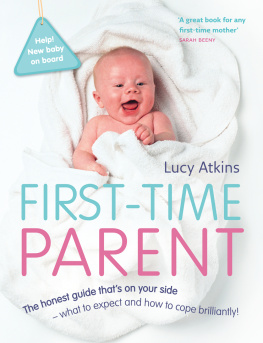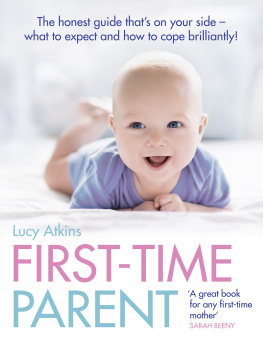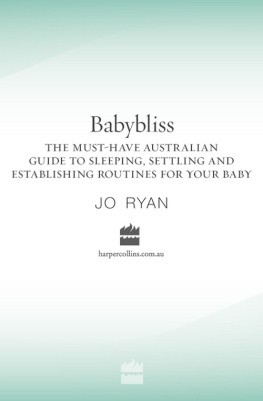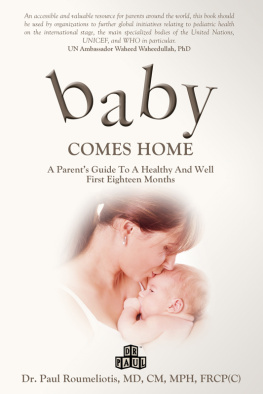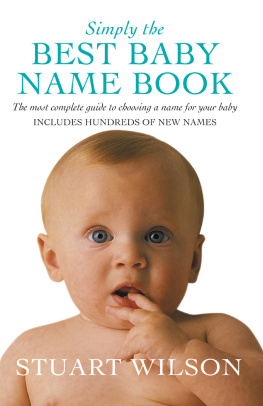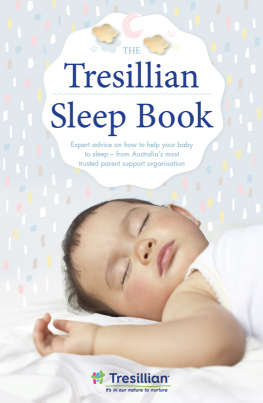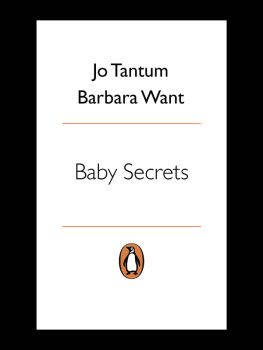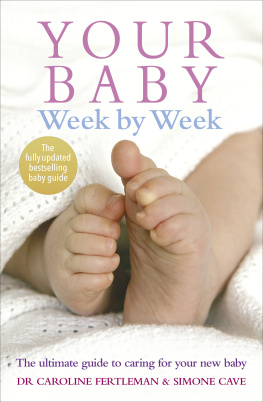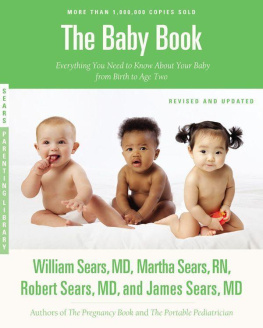

Todays parents have an enormous pool of names to choose from, probably more than at any other time in history. Alongside the traditional stock of names from the Bible, the classical world and the old Germanic names brought over by the Anglo-Saxons and the Normans, we now have names from all over the world, both Continental versions of traditional names and names from cultures with which our grandparents had little or no contact. This has led to a change in the attitude to what a real name is, and as a result people now feel free to create a wonderful range of new names, many unique to their child. The danger here, of course, is that the child will have a lifetime of explaining what their name is, and how it is spelt, but many of these names pass into general circulation, particularly those that are blends; that is, combinations of sounds from other names. In addition, a much wider range of spellings of any given name is used by parents, perhaps to distinguish their child from others of the same name. I have tried to include as many of these different spellings as is reasonably possible, under the standard or traditional form of the name. I have also included a wide range of short forms. This is not only to show the range available, but also so that parents can check that all possible forms of a chosen name go harmoniously with the surname. For however determined a parent might be to use one particular form of a name, someone will at some time use a pet form of the name. I have also given a lot of information about naming habits in America. In part, this is because so many new names come from America, particularly from the African-American communities, which are particularly rich coiners of new names. But it is also because of Americas dominance of the entertainment world. I hope that those curious about the unusual names they find used by actors and musicians will find the answer here.
Most of the variant names in this book have been cross-referenced to the name you can find it under. But in order to squeeze as many names as possible into this small book, if the cross reference would come near the headword, then it has been left out. Please look for the name you want under alternative spellings, and check under overlapping sounds such as C and K, or sh and ch.
The first edition of this book was compiled in 1967. Since then I have revised it at regular intervals to bring it up to date. Leslie Dunkling has added names from Arabic and from the Indian Sub-continent.
I hope that this book will help you find just the right name for your child.
J ULIA C RESSWELL , 2004


If you have your baby in a hospital in England or Wales, there is a good chance that your local registrars office will have a branch there. It is worth taking advantage of this facility, rather than having to cope with a new baby and getting down to the registrars office later on. If nothing is said at the hospital, ask one of the nurses. Unfortunately, this facility is not available in Scotland where the regulations concerning the registration of births vary slightly from those in England and Wales.
By law, you have to register the birth of your child within 42 days of his or her birth, or within 21 days in Scotland. If you have not used a hospital office, you can go to any registrars office, although the procedure is slightly simpler if you use your local one, the address of which should be in the phone book. Registration centres round the mother. If the babys parents are married either parent can register the birth. If they are not married, they can register the birth together if they go to the registrar together, or else the father must get special forms from the registrars office in advance which, when filled in, will enable his details to go on the birth certificate. Otherwise, the fathers details will be left blank, although it may be possible to fill these in later talk to the registrar about this. There is no need to take the baby with you to the registrar, but only a parent can register the birth; a friend or relative will not do.
At the registrars you will be asked to give the following information. The place and date of the babys birth (the time of birth will only be needed if you have twins or more, although in Scotland it is always required). You will also need to state his or her sex, and will be asked for the names you intend to give your child. If the fathers details are to go on the form you will need to give his full name, his date and place of birth and his occupation. The mother will be asked to give her full name, her maiden name if she has changed her surname and her place and date of birth. If she wishes, an occupation (current or previous) can be filled in. She has to give her usual address at the time of the birth and, if she is married to the father, the date of marriage will be asked for. She will also be asked for the number of other children she has had.
All this information will be entered into a register, which you should then check carefully it will be difficult to correct mistakes later and then sign. You will then be given a free short birth certificate which is all you need. You can also get full copies of the information on the register if you would like to have them, and spare copies of either type of certificate. There is a charge for birth certificates which varies depending on the type you get, but it is always more expensive to get extra copies later than at the time of registration. It is probably worth considering an extra copy so that each parent can have one, or so that one can be sent off with something like an application for a passport and you can still have one to hand.
If you still have not decided on a name for your baby by the time the limit for registration is up, you must still register the birth, but the name can be left blank. You then have up to one year from registration to make up your minds, although in Scotland any correction to the records after registration is likely to attract a fee. If your baby is baptised, the baptismal certificate can be produced at the registrars office as evidence of the childs name. (Extra names given at baptism can also be added in this way.) Otherwise you need to ask the registrars office for a Certificate of Naming, and use this to have the names inserted. You can give your child any forenames or surname that you like. In Scotland the registrar has the power to refuse to record a name if he or she deems it to be potentially offensive, although in practice a name is rarely objected to. In England and Wales, the registrar has no right to refuse your choice, although if your choice is too outrageous you may find that you are asked to think of the effect on the child before confirming it is what you want. Modern registrars are trained to be friendly and helpful, and you can always phone your local office for any advice you need; alternatively, contact The General Register Office, Smedley Hydro, Trafalgar Road, Birkdale, Southport PR8 2HH (tel. 0870 2437788) or The Registrar Generals Office for Scotland, New Register House, Edinburgh (tel. 0131-334 0380).

